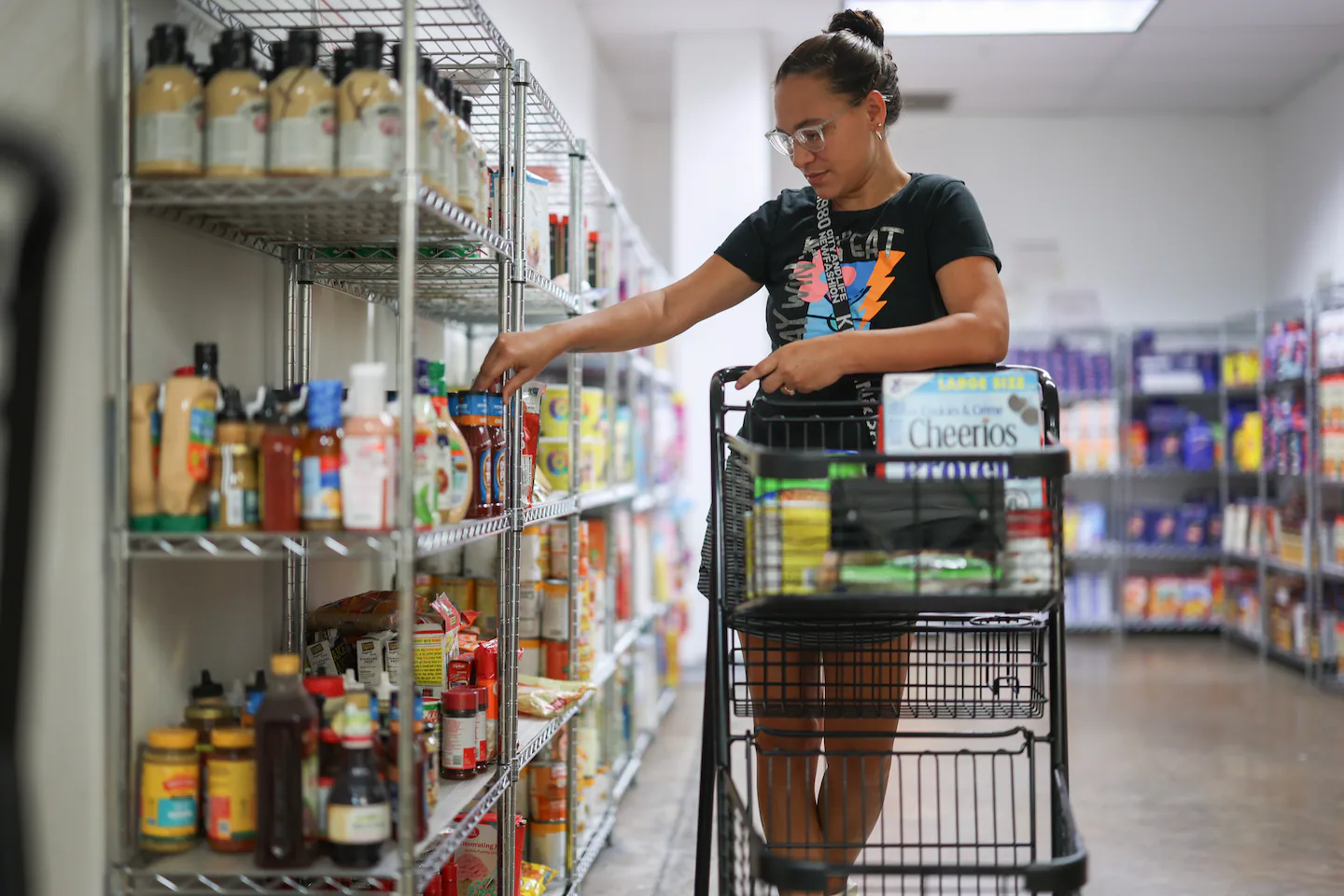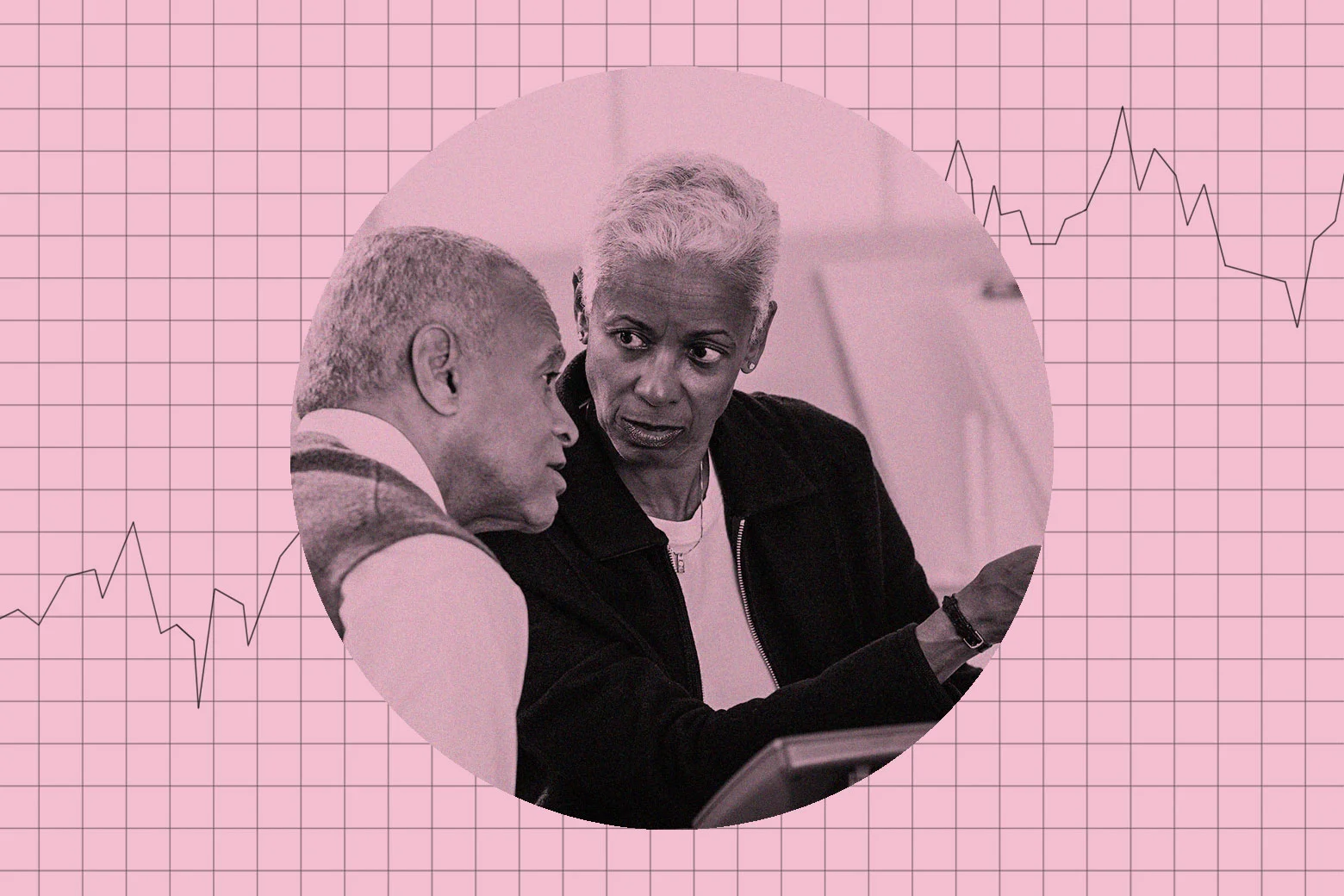Copyright The Boston Globe

On Nov. 1, the public health impact of the government shutdown will mushroom. By now, most people have heard that many Americans’ health insurance premiums are going to rise if Congress doesn’t reach a budget agreement. But there’s an even greater public health crisis on the horizon. Over 140,000 Rhode Islanders are at risk of going hungry. The federal Supplemental Nutrition Assistance Program (SNAP), formerly known as “food stamps” serves approximately 42 million Americans, including 140,000 low-income Rhode Islanders, about 13 percent of our population. SNAP is the largest nutrition assistance program in the country and helps millions of families put food on the table every day. Monthly benefit amounts are based on household size, income, and whether a person is disabled. The benefits average about $200 per person in Rhode Island, and are released on the first of each month via an electronic benefit transfer (EBT) card. By putting more resources in the pockets of vulnerable Americans, SNAP increases purchasing power and is good for the economy, infusing approximately $29 million each month into Rhode Island. Advertisement Despite the government shutdown, SNAP recipients received their disbursements in October. However, starting in November, SNAP recipients in Rhode Island will have to forego their benefits until Congress passes a federal budget. The scope of the looming SNAP crisis is hard to overstate; the Rhode Island Food Bank last year estimated that a third of Rhode Islanders are food insecure, a term used to refer to whether people have sustainable access to food. That number will increase exponentially if 140,000 people lose their benefits on Nov. 1. Without action, the overwhelming demand for food pantries will multiply, but they will not be able to absorb the avalanche that will ensue. Simply put, food pantries cannot replace the federal government. If you think this crisis might not directly affect you, think again. Tens of thousands of our neighbors, parents, colleagues, children’s classmates, and elderly community members will lose access to this safety net and will be going hungry. Advertisement The looming SNAP cuts are a nationwide crisis. But in Rhode Island, the stakes for losing SNAP benefits are even higher. Rhode Island hosts a highly impactful healthy eating program called Eat Well, Be Well that is available to all of the state’s 140,000 SNAP recipients. In 2022, with funding from the American Rescue Plan Act, the Rhode Island General Assembly wisely funded the nation’s first statewide retail SNAP incentive program. SNAP incentive programs offer financial incentives through rebates on EBT cards, and encourage shoppers to buy healthy foods by providing a 50 percent rebate when they buy fresh produce. This ambitious healthy eating program is the first of its kind in the country, and doubles the value of the dollar for SNAP recipients purchasing produce at retail grocery stores. The NOURISH RI Coalition, headed by the The Rhode Island Public Health Institute (RIPHI), led legislative advocacy campaigns in 2021 and 2022 to create the pilot program. Rhode Island Senate President Valarie Lawson led the legislative charge, and House Speaker Joseph Shekarchi supported its development with an $11.5 million appropriation. Eat Well, Be Well launched in January 2024 as a public/private partnership with Rhode Island Department of Human Services, Walmart, Stop & Shop, and RIPHI. This pilot program was designed to alleviate hunger and improve healthy eating by providing SNAP recipients with a 50 cent reimbursement for every dollar spent on fresh produce, up to $25 per household per month. The program incentivizes healthy eating behaviors by making produce more accessible and affordable. Nearly 70 percent of Rhode Island SNAP recipients have used this program. Sales data demonstrate that this program has increased purchase of fruits and vegetables, and our statewide surveys find people eat more produce as a result. The program has been particularly impactful for households with small children, and for the elderly who live alone. Advertisement Eat Well, Be Well has become a national model for healthy eating; this is more important now than ever, as our obesity crisis has exploded. Although we are 40 years into the obesity pandemic, we haven’t found a way to change healthy eating behaviors on a population scale, particularly for people who are living in poverty that struggle to afford healthy foods; SNAP incentives are a great solution to this public health crisis. However, this incredibly impactful public health program will also be sacrificed in November if Rhode Islanders lose their SNAP benefits. Not only will thousands of people lose their SNAP benefits, they will also lose access to fresh produce that enhances their diets. We applaud our Congressional delegation for fighting for a fair agreement that ends the shutdown, while also protecting public health. Finding a bipartisan resolution to the government shutdown before Nov. 1 is paramount. Rhode Island’s most valuable safety net and public health programs hang in the balance. Dr. Amy S. Nunn is the chief executive officer of the Rhode Island Public Health Institute, and a professor of public health at Brown University. Dr. Nunn also serves on the board of TAPIN, a food pantry in the East Bay. Max Erbe is a programs and research director of the Rhode Island Public Health Institute. Yelena Malyuta is the chief programs and research officer of the Rhode Island Public Health Institute.



